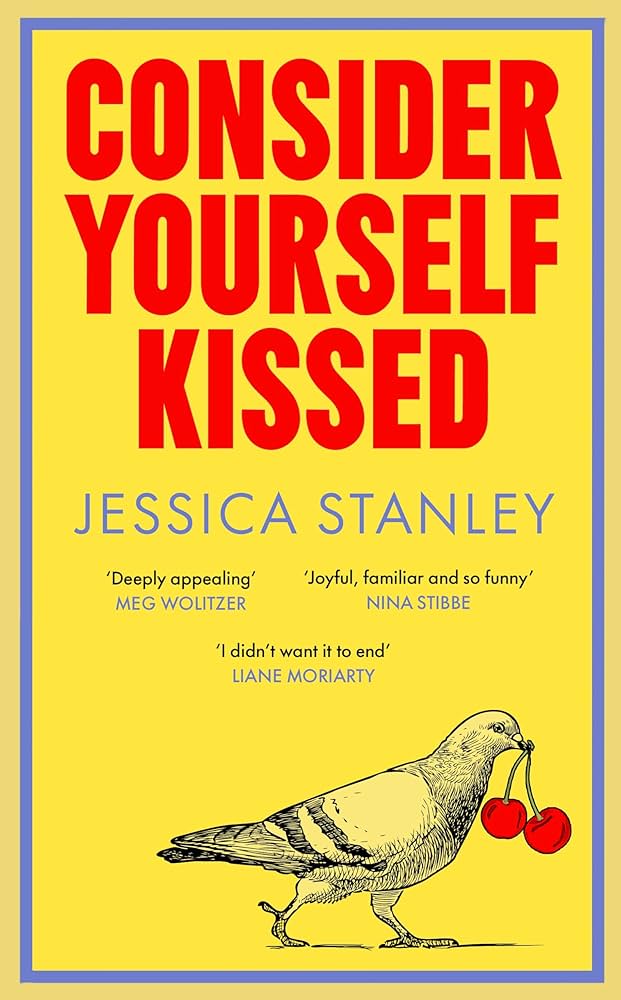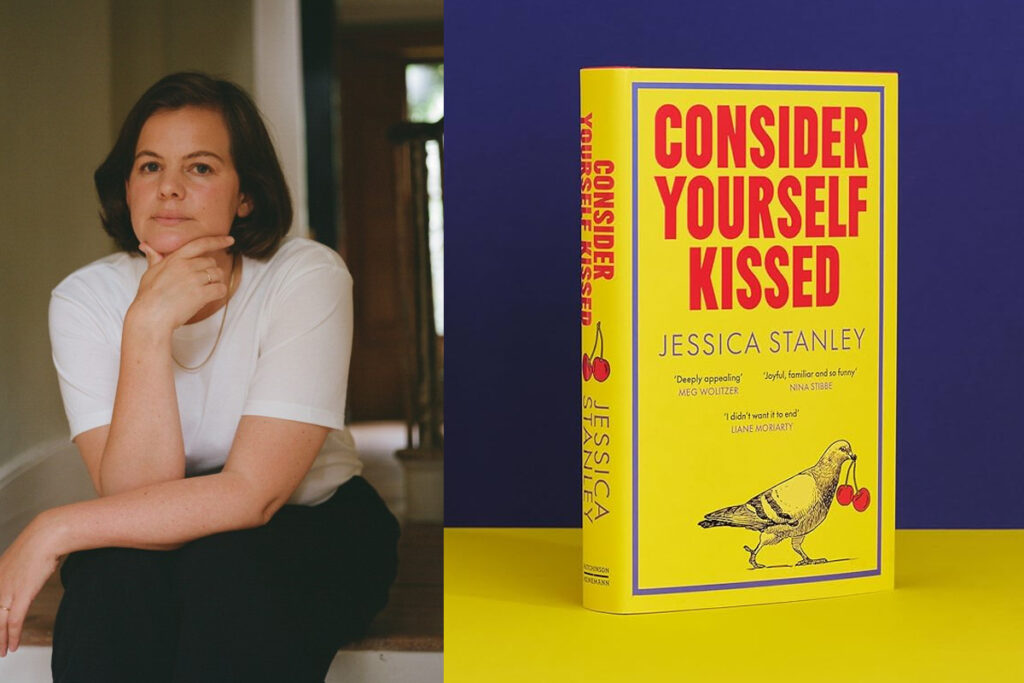How do the books we read shape us?
It’s a question we ask a lot in our Bookshelfie podcast. The most frequent advice for writers we hear is read, read, and read some more. Books fuel our imaginations and inspire our creativity. Jessica Stanley shares with us the books that inspired her and her new novel – Consider Yourself Kissed.
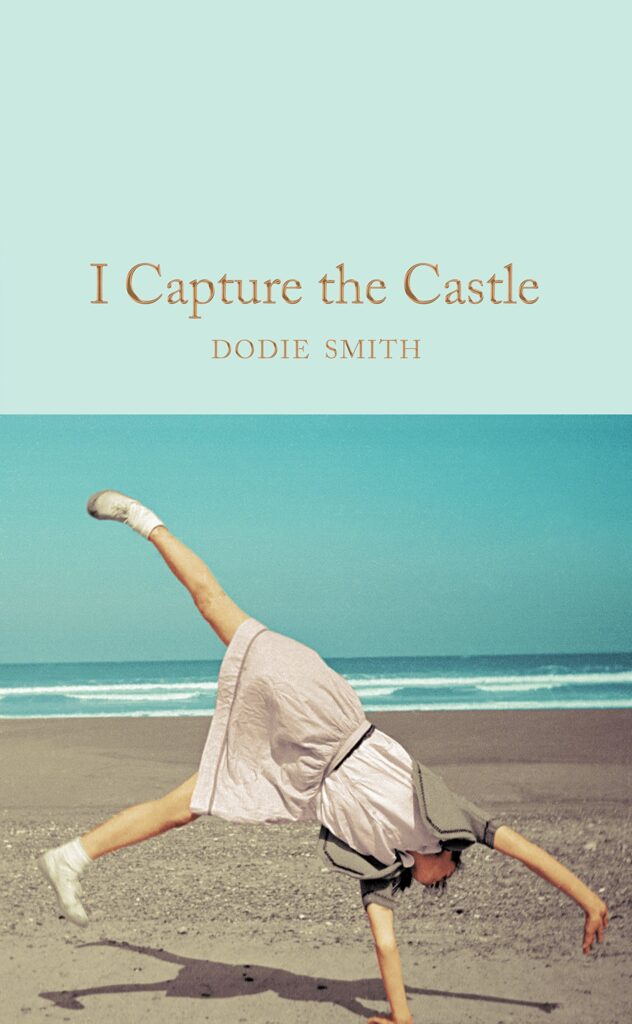
I started writing Consider Yourself Kissed just as the pandemic was ‘ending’. I’d found during lockdown that I craved rereading books I’d read and enjoyed before. One of these was I Capture the Castle by Dodie Smith. ‘I write this sitting in the kitchen sink’ – such a modest and inviting first line. I loved revisiting Cassandra Mortmain in her crumbling castle in the middle of nowhere, trapped with a beautiful but morose sister, a novelist father suffering from writer’s block, and his young life-model wife, Topaz. The stakes are simultaneously quite low (a seventeen-year-old growing up) and very high: coming of age, finding love, holding together a family and creating art.
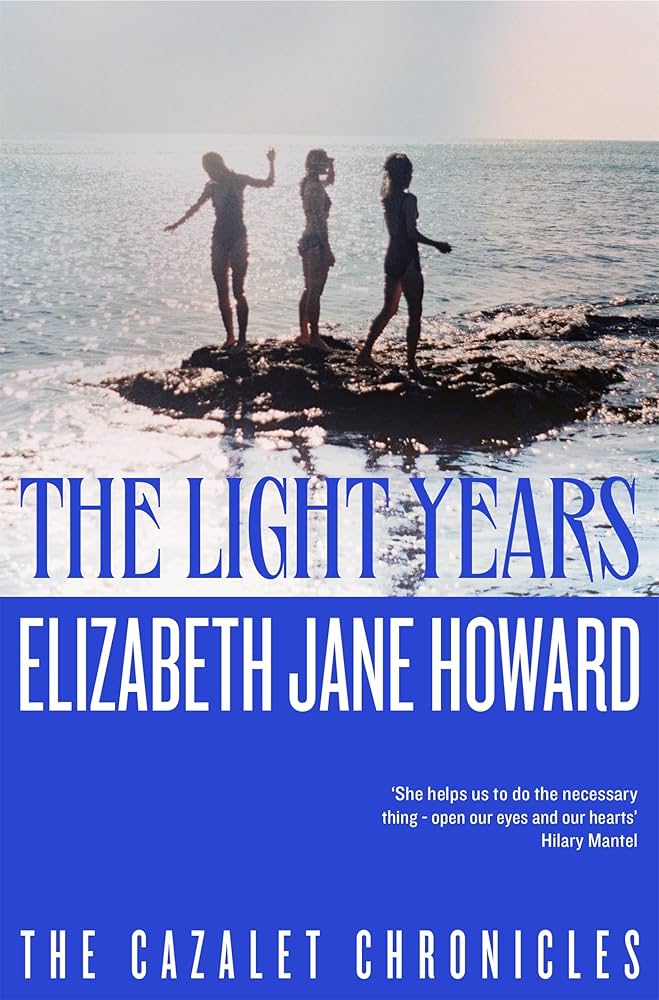
The Cazalet Chronicles by Elizabeth Jane Howard were another pandemic reread. There was something comforting about following the lives and loves of a sprawling family and (perhaps with some envy during the domestic drudgery of lockdown) the lives and loves of their servants. The first book in the five sees the Cazalet family recovering from what was then (poignantly) called the Great War. In the second, it’s 1939, and – as a new war approaches – the family gathers around the wireless to see what could be in store. Then beds must be made up and meals prepared. The mix between news of the gravest import and quotidian matters of housework was very 2020 and 2021.
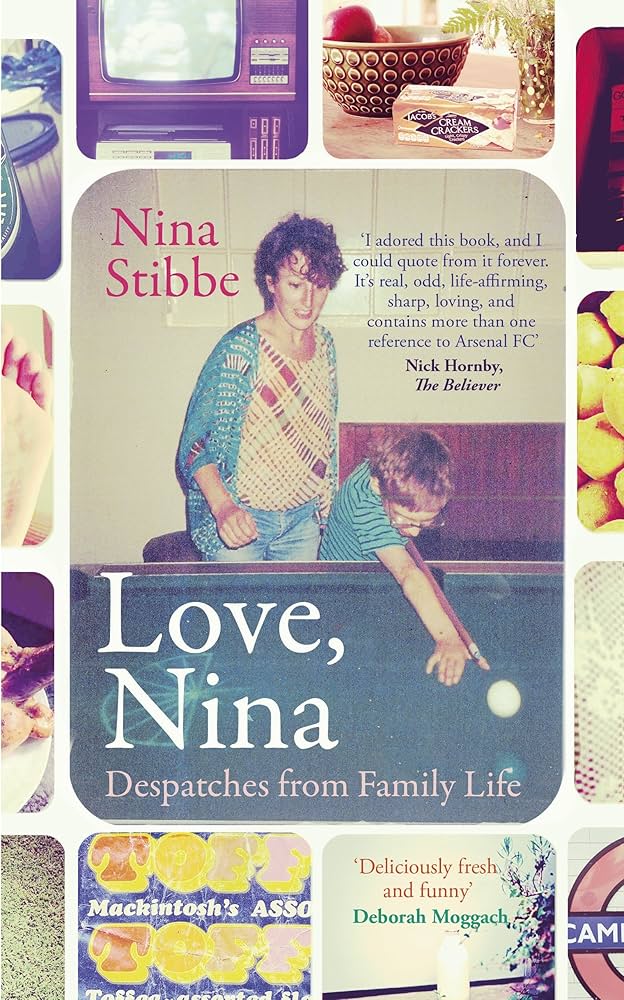
One of the things that made the Cazalet Chonicles so brilliant was the way the child characters were as alive as the adults. Love, Nina by Nina Stibbe is such a classic I feel mere seconds away from claiming to have read it in childhood. (That would be a false memory: it was only published in 2013.) The subtitle is ‘Despatches from Family Life’: through a collection of real contemporaneous letters to her sister, Stibbe brings to life the very particular world of the north London literary family she nannied for in her twenties. (I was going to say the boys she nannied for, but she also nannied the mother – somehow!) The tiny things she notices in her letters become the essence of an ongoing, laugh out loud comedy. The love she feels for the family and them for her is palpable.
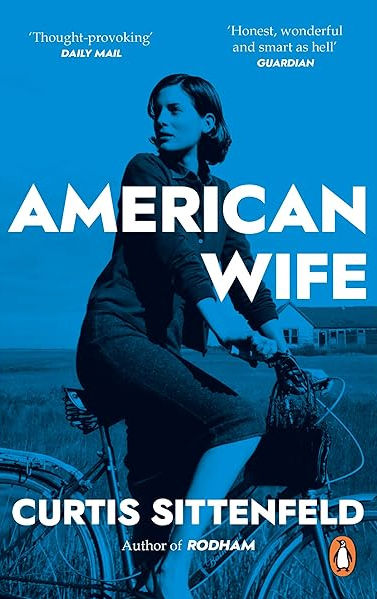
American Wife by Curtis Sittenfeld has become a surprise ongoing favourite book for me. I almost didn’t read it when I found out it was loosely based on the life of (then) First Lady Laura Bush. But how glad I am that I did – there’s something so appealing in the way Sittenfeld follows ‘Alice Blackwell’ (née Lindgren) from her smalltown Wisconsin childhood to, in her sixties, the White House. In Sittenfeld’s telling, Alice was never a Republican and didn’t vote for her husband ‘Charlie’. Like the real Laura Bush, she caused a car wreck as a seventeen-year-old. In American Wife, the boy who died was the love of Alice’s childhood – and maybe even life. We spend the book asking: was Alice meant to be with Charlie? Is Charlie ‘bad’? Is Alice, for being with him? Over six hundred pages the reader is encouraged to come to their own conclusion.
